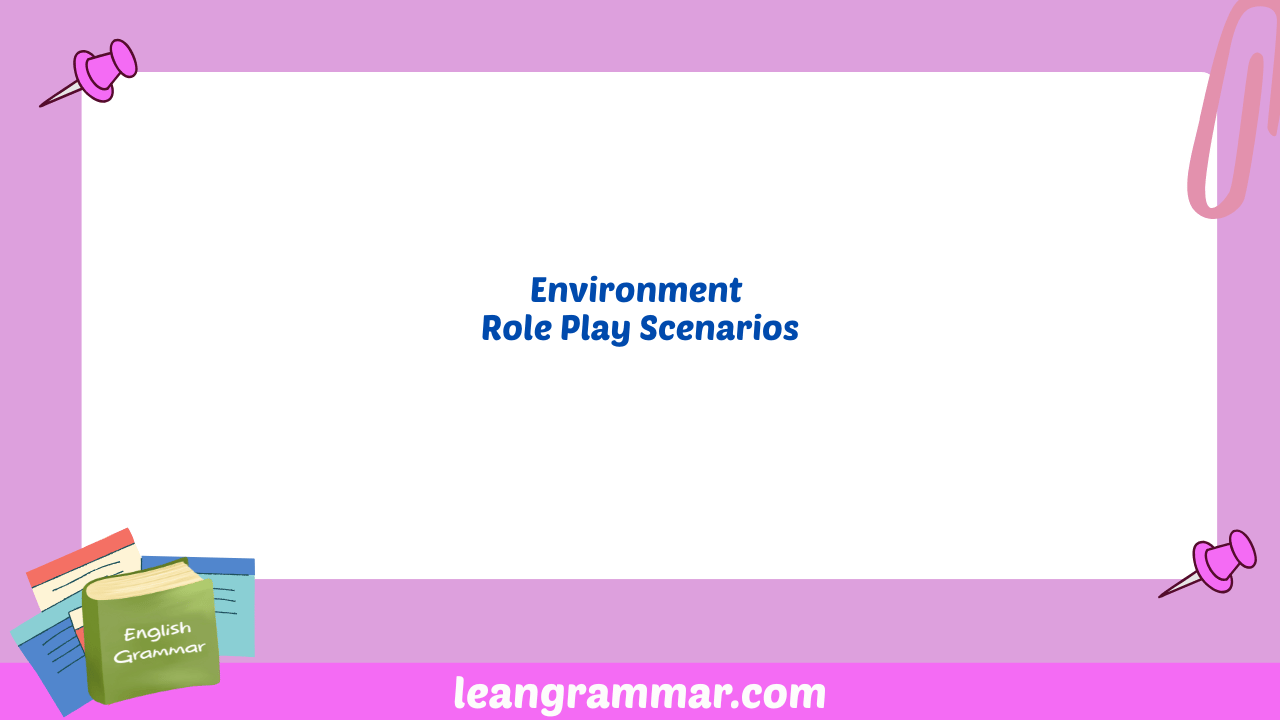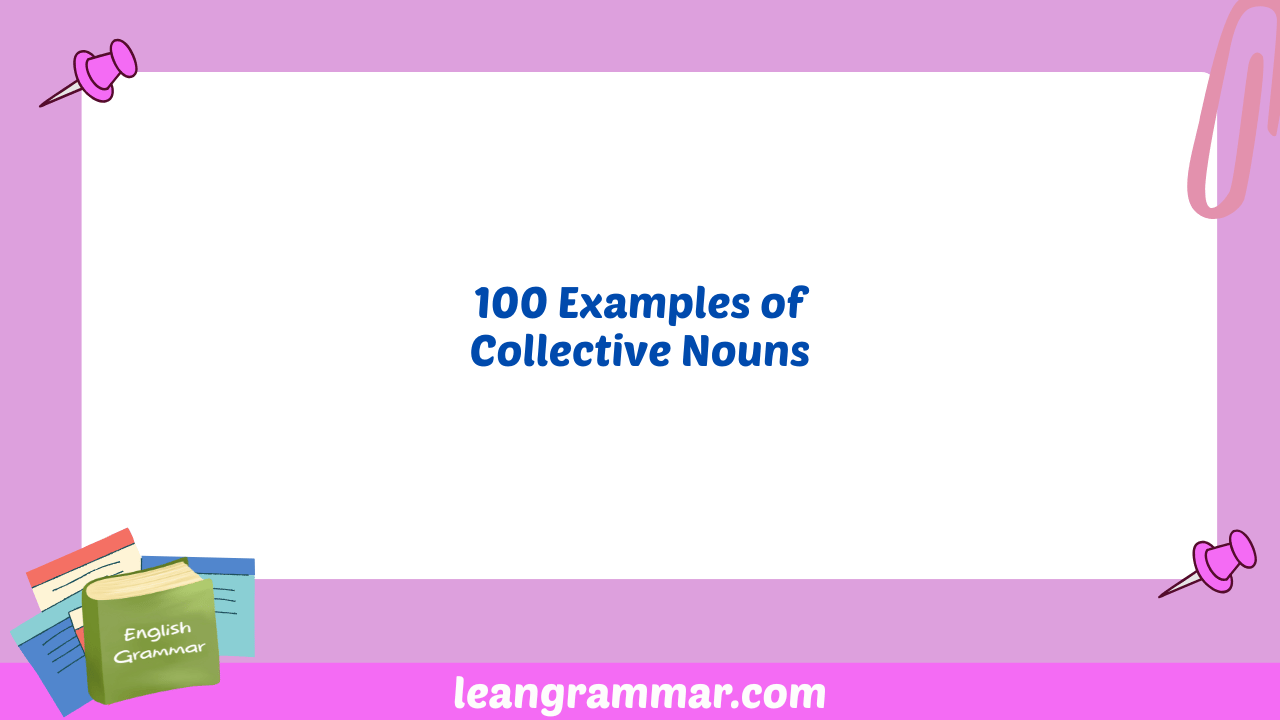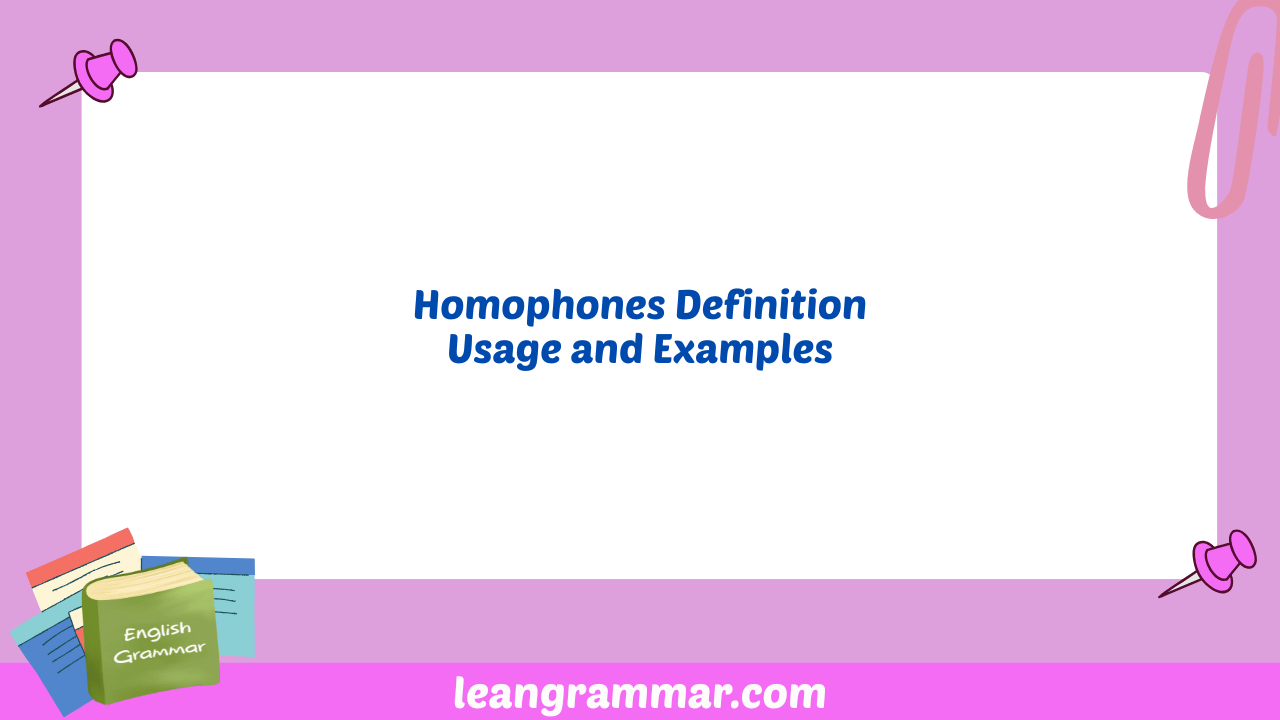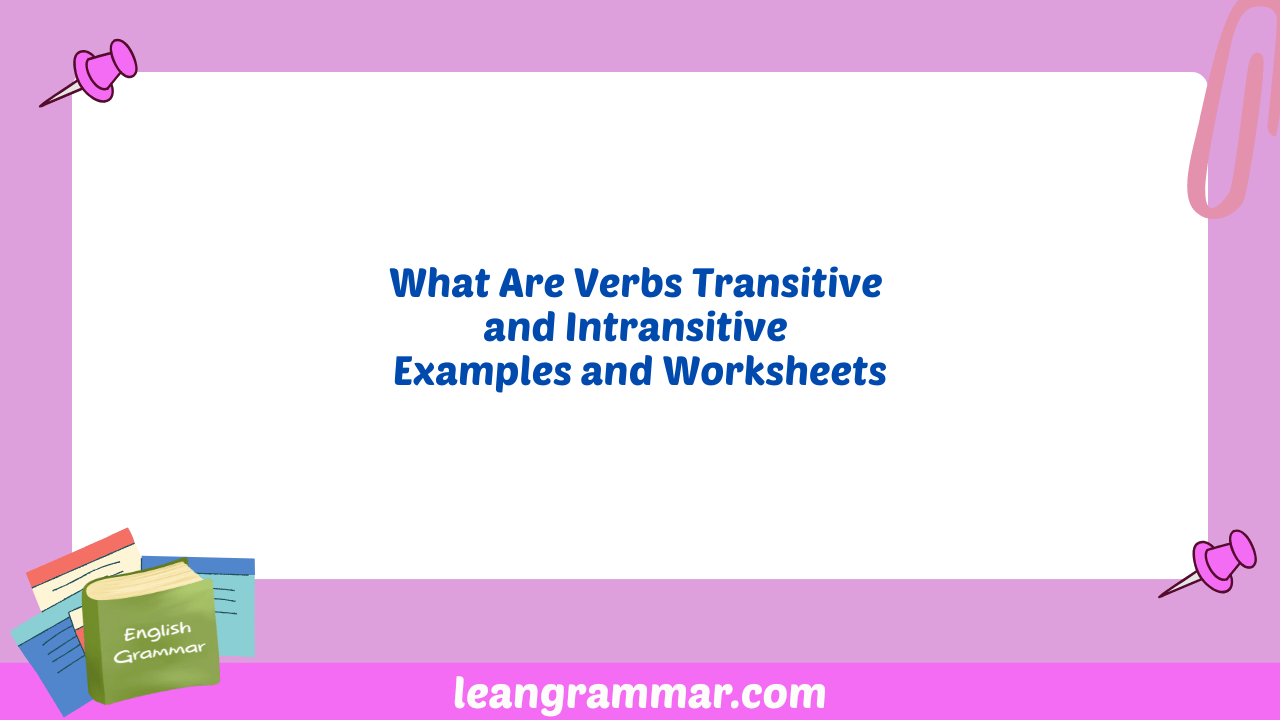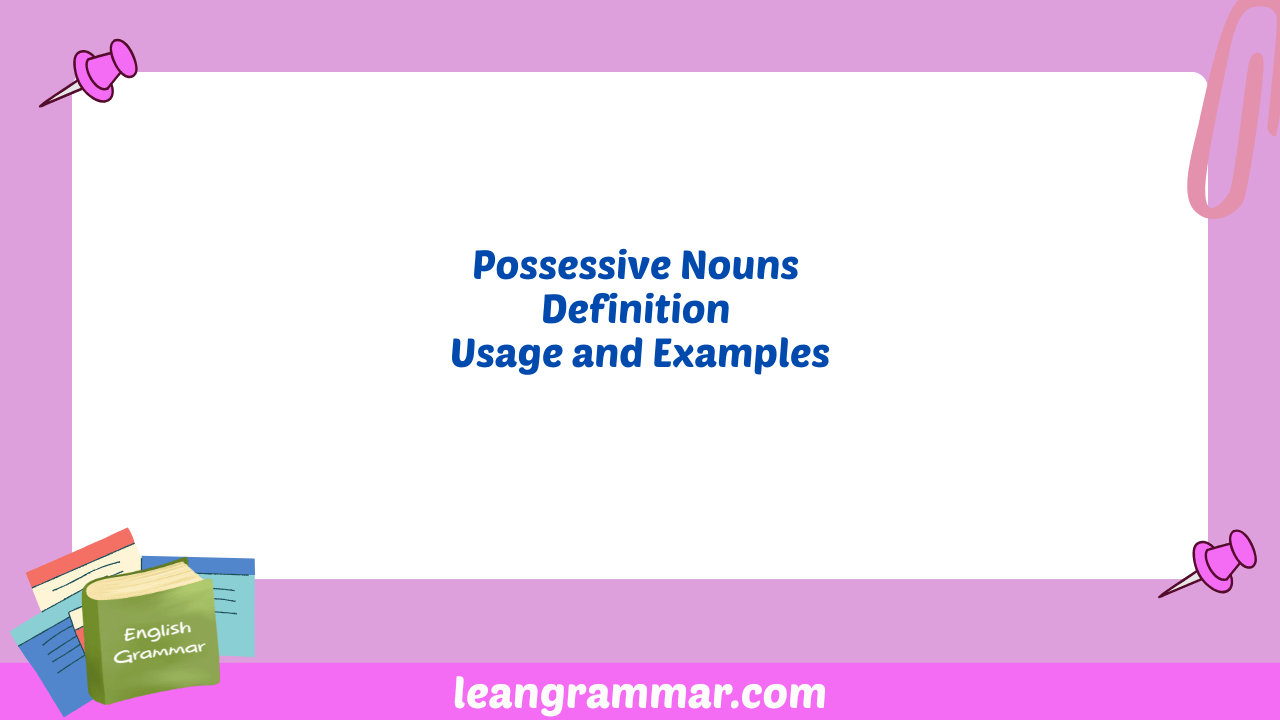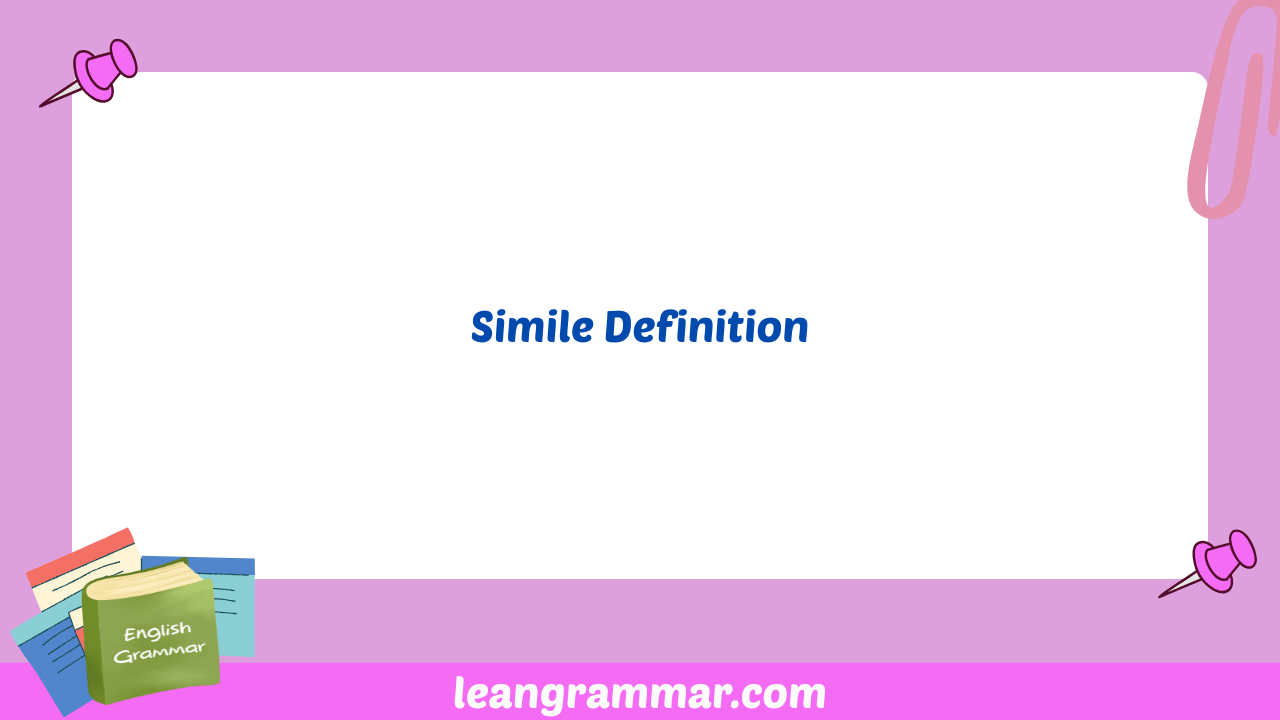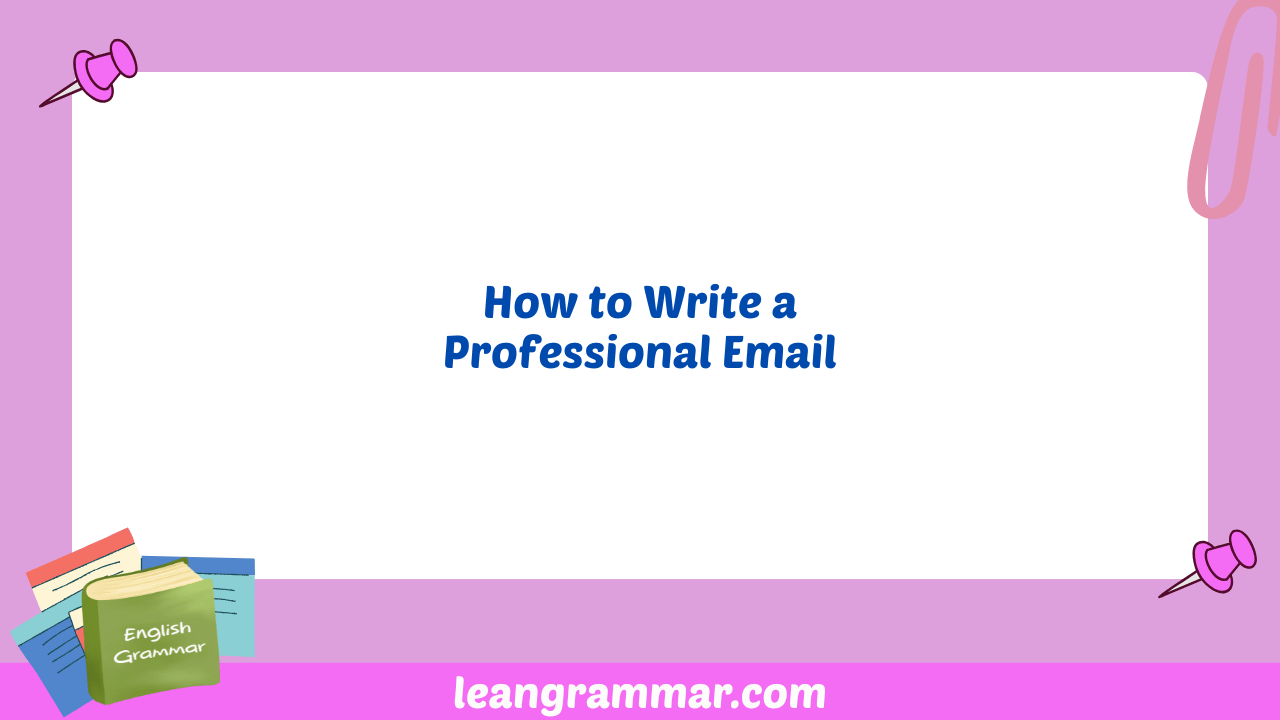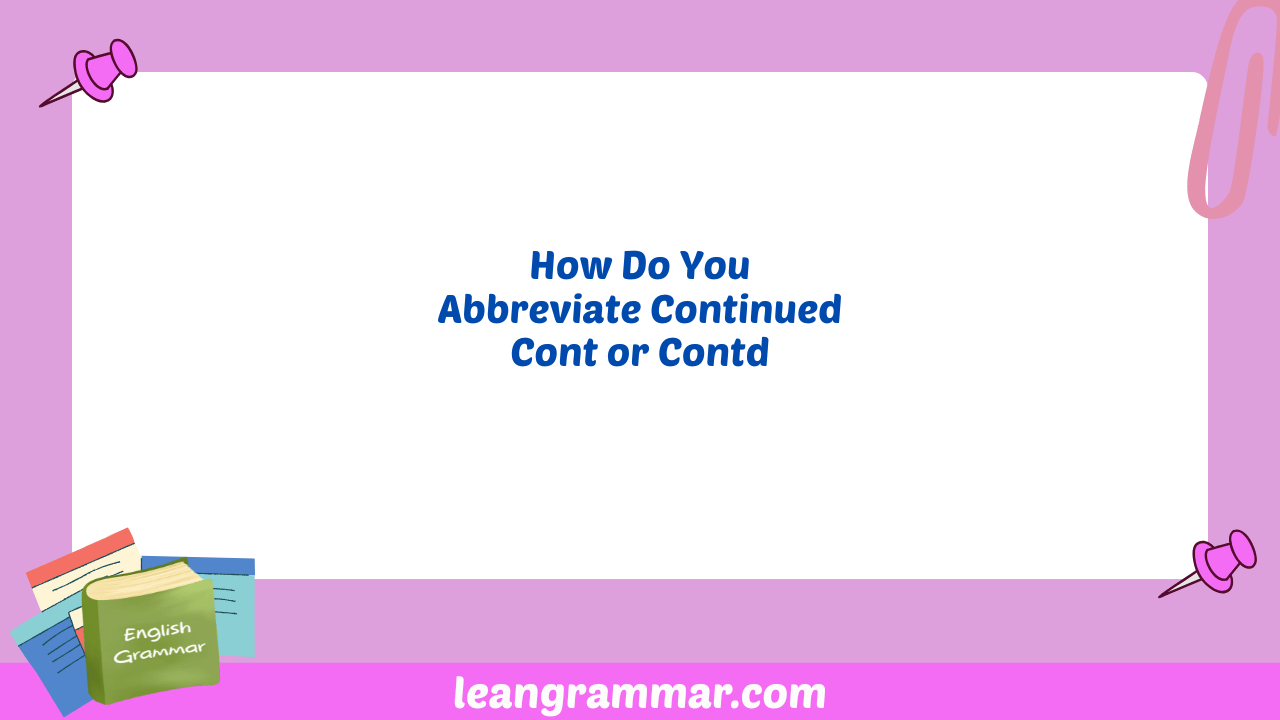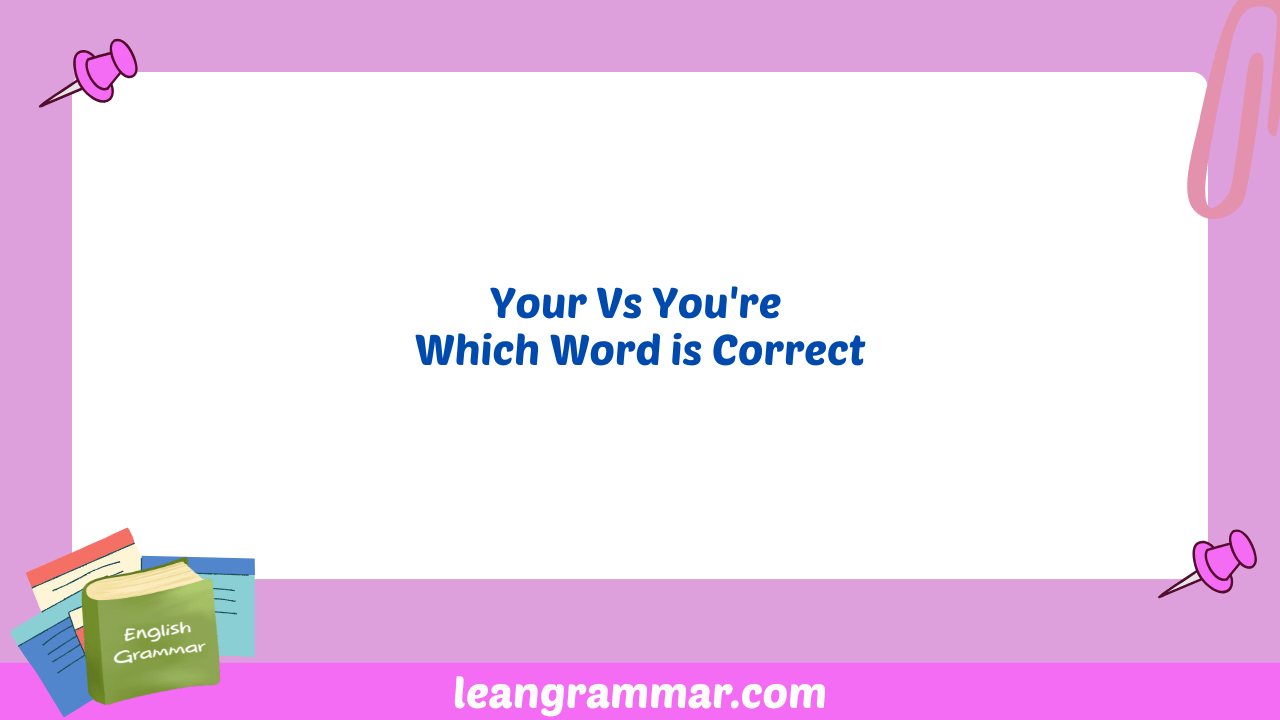Grammar in Action: Environment Role Play Scenarios
Understanding how grammar functions in real-world contexts is crucial for effective communication. Environment-based role-play scenarios provide an engaging way to practice and internalize grammar rules. This article explores the various grammatical structures commonly used in environmental discussions and role-playing, making it an invaluable resource for English language learners and educators alike. Mastering this topic will … Read more
